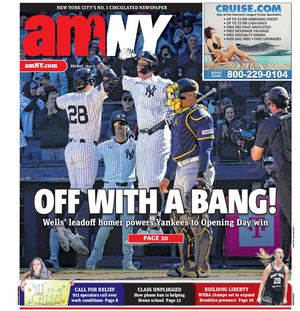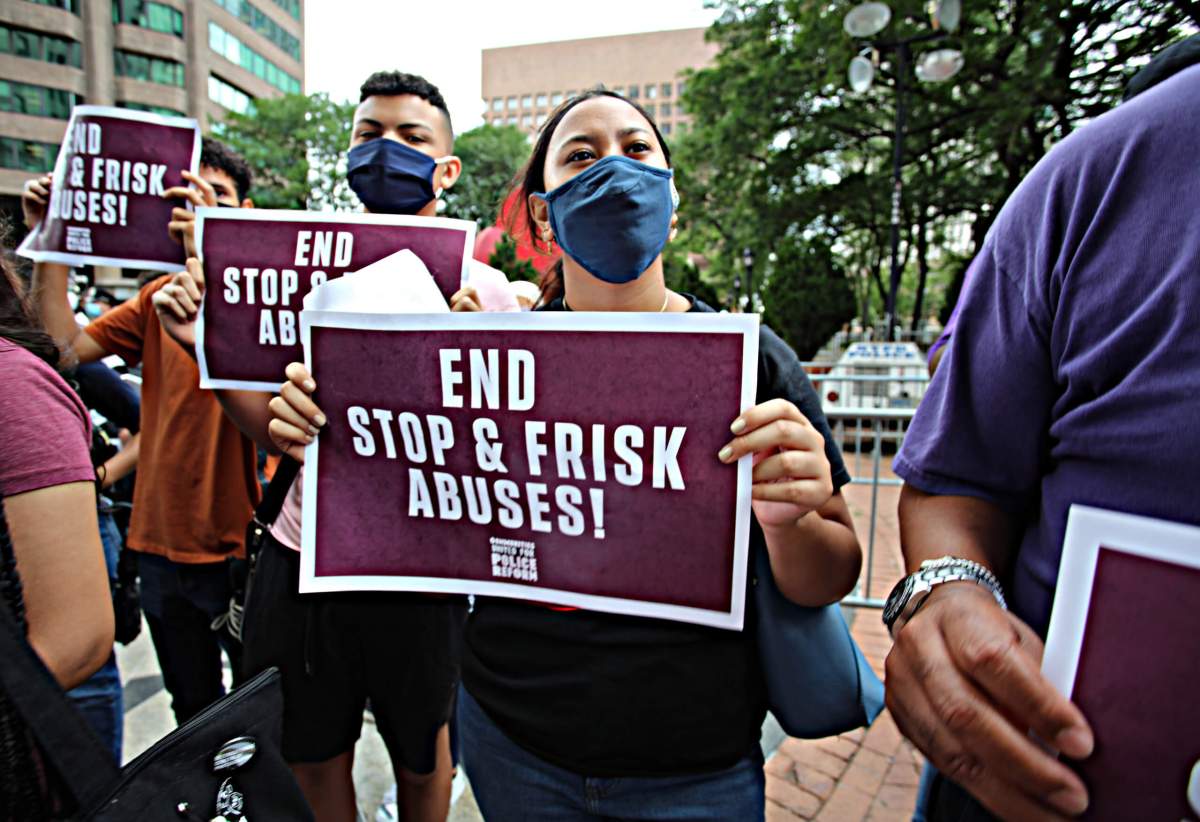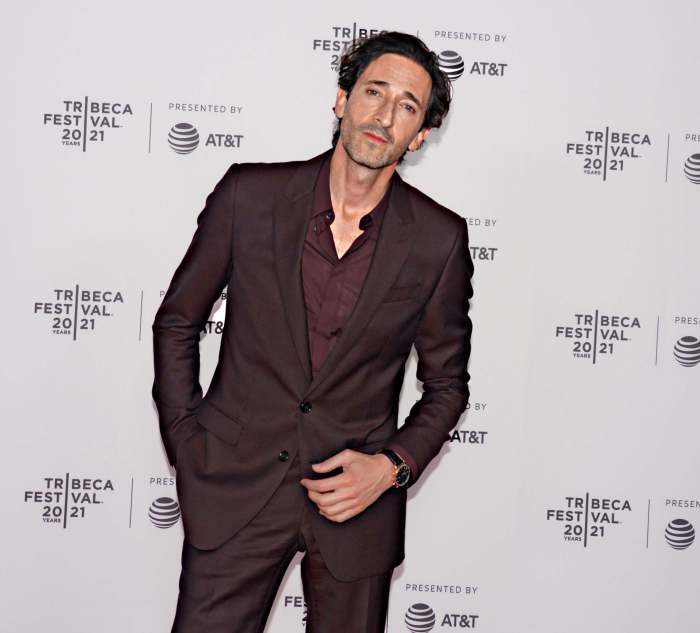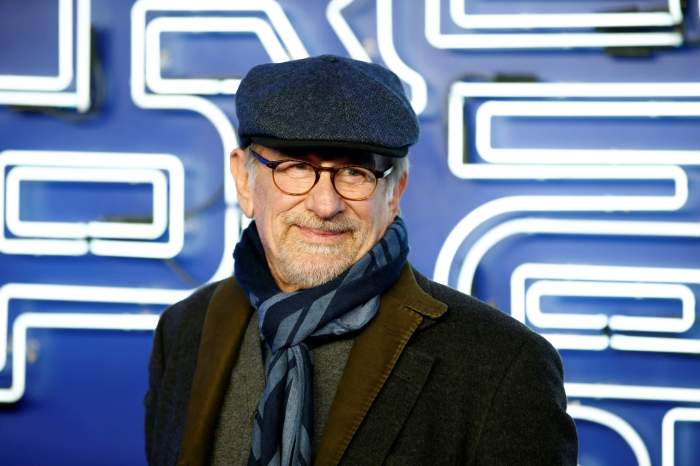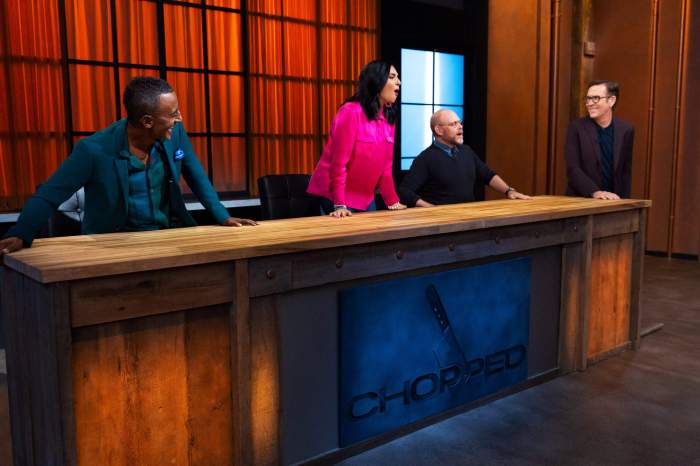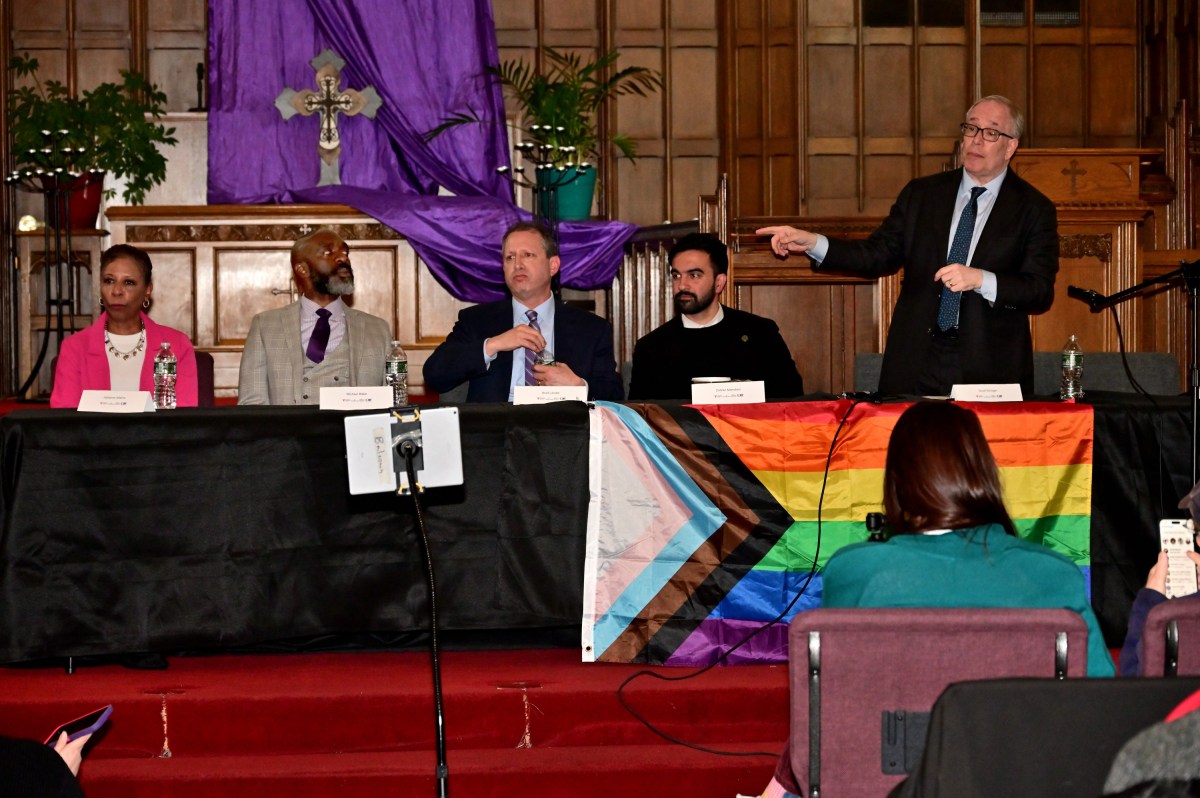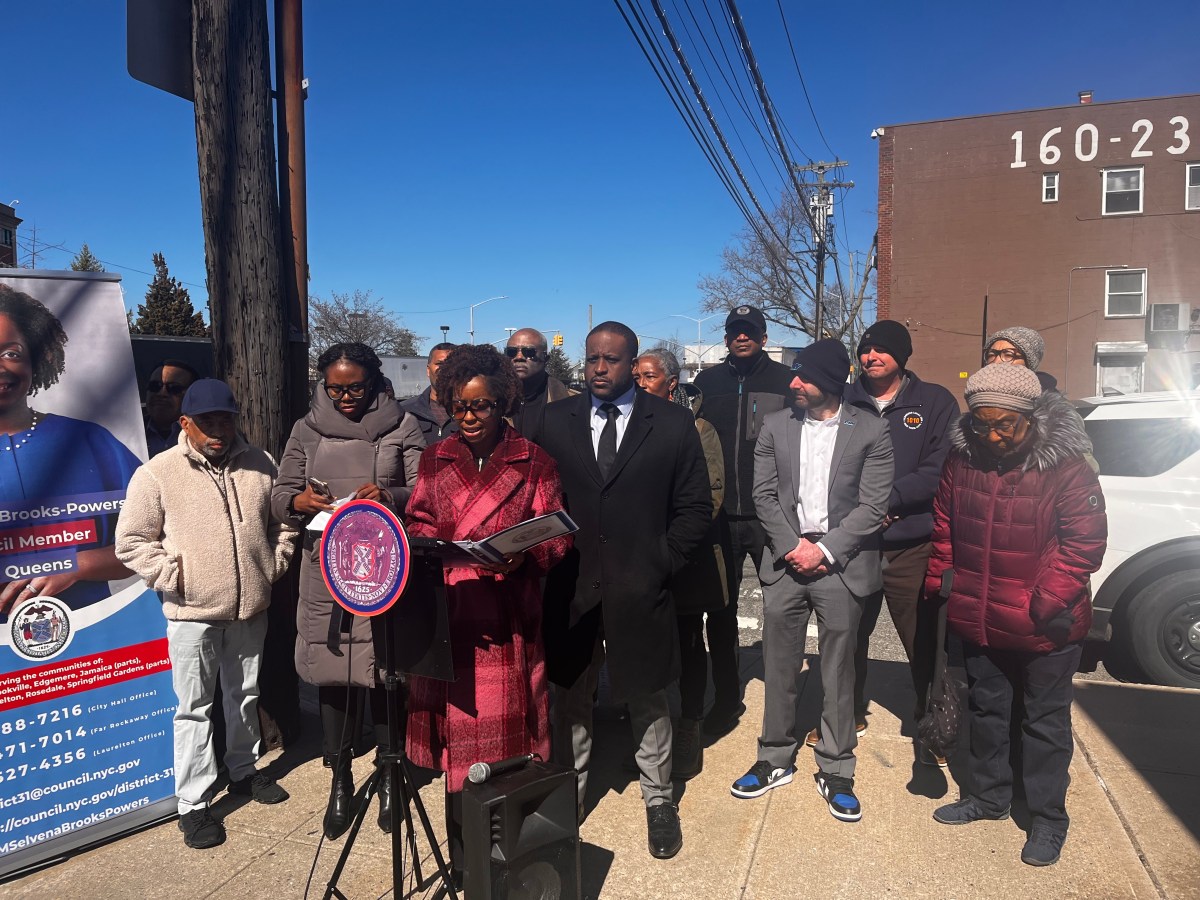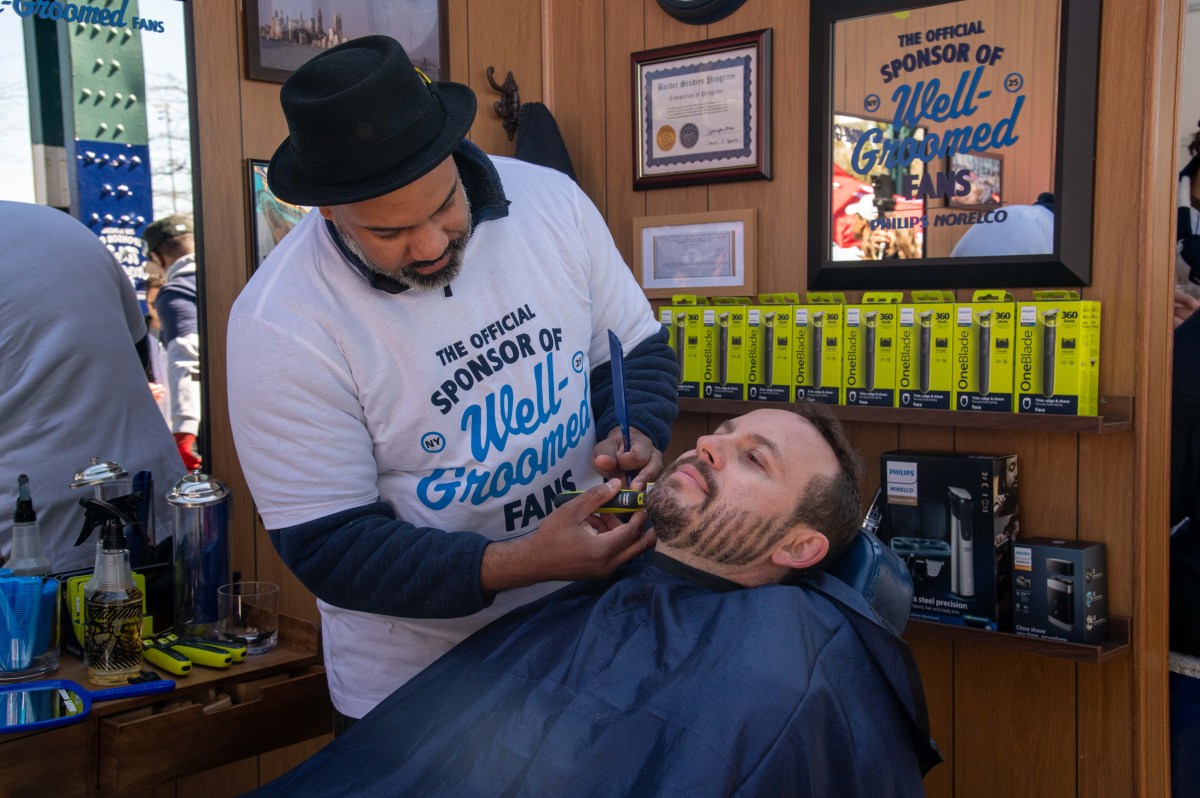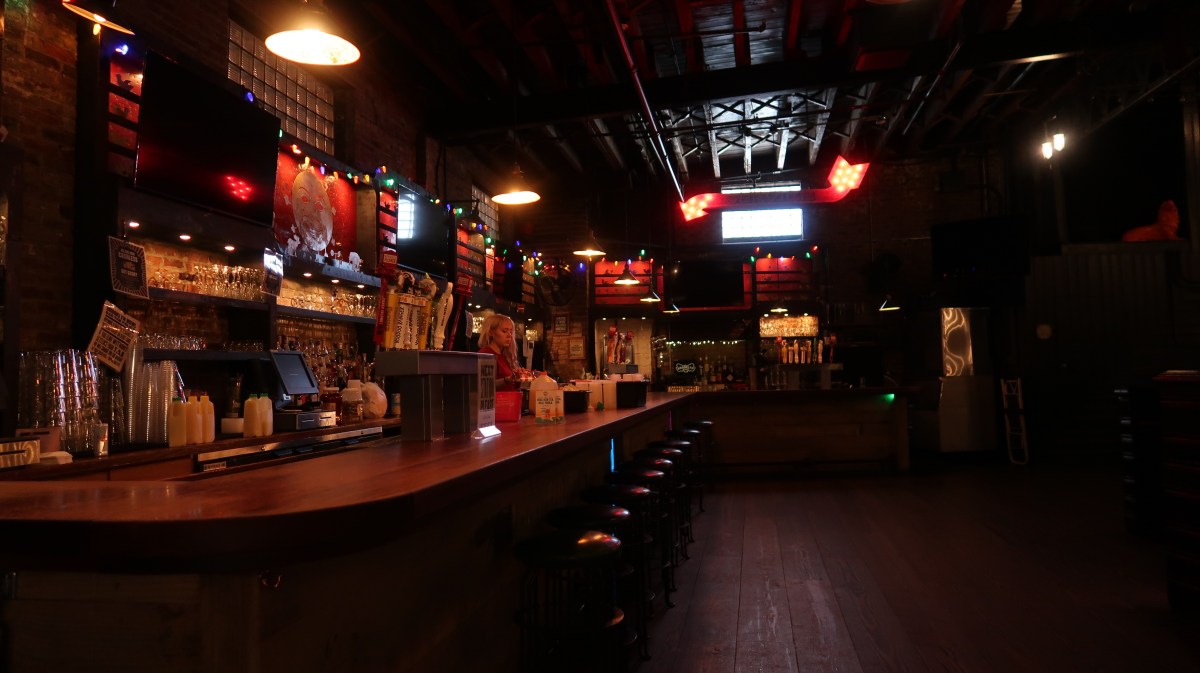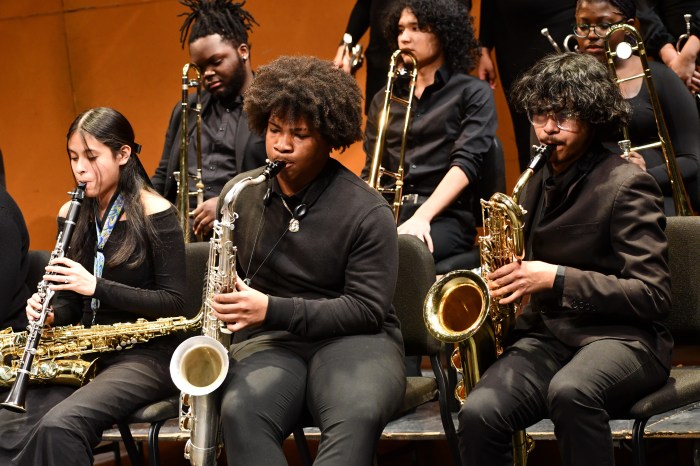They came to the corner of Chambers and Centre Streets in Lower Manhattan on July 29 to protest a lack of progress in reforming the NYPD and its controversial stop-and-frisk policy.
But when politicians and civil rights advocates met there Thursday afternoon to discuss new joint filings from plaintiffs for NYPD stop-and-frisk class action lawsuits and their demands to be included in the federal monitorship, they encountered quite a symbol for their situation.
Originally the conference was set to be held just outside of 1 Police Plaza, but the participants were blocked off by an NYPD barricade, which immediately set off a discussion among speakers regarding how actions such as these exemplify the issue they had gathered to discuss.
For over 10 years, civil rights advocates such as the Malcolm X Grassroots Movement, Justice Committee, and other groups have been battling stop-and-frisk abuses via the courtroom. In 2013, federal Judge Shira Scheindlin ruled that the NYPD practice violated the fourth amendment through unreasonable searches and the 14th Amendment Equal Protection Clause, as the practices were deemed racially discriminatory.
This historic victory also led to a federal monitor to gather information from impacted communities and create a cohesive resolution process to these racially motivated practices.
But since the 2013 decision, the plaintiffs of these lawsuits state they have been shut out of the discussions in regard to decision making, solutions, design, and accountability on how to move forward from stop-and-frisk.
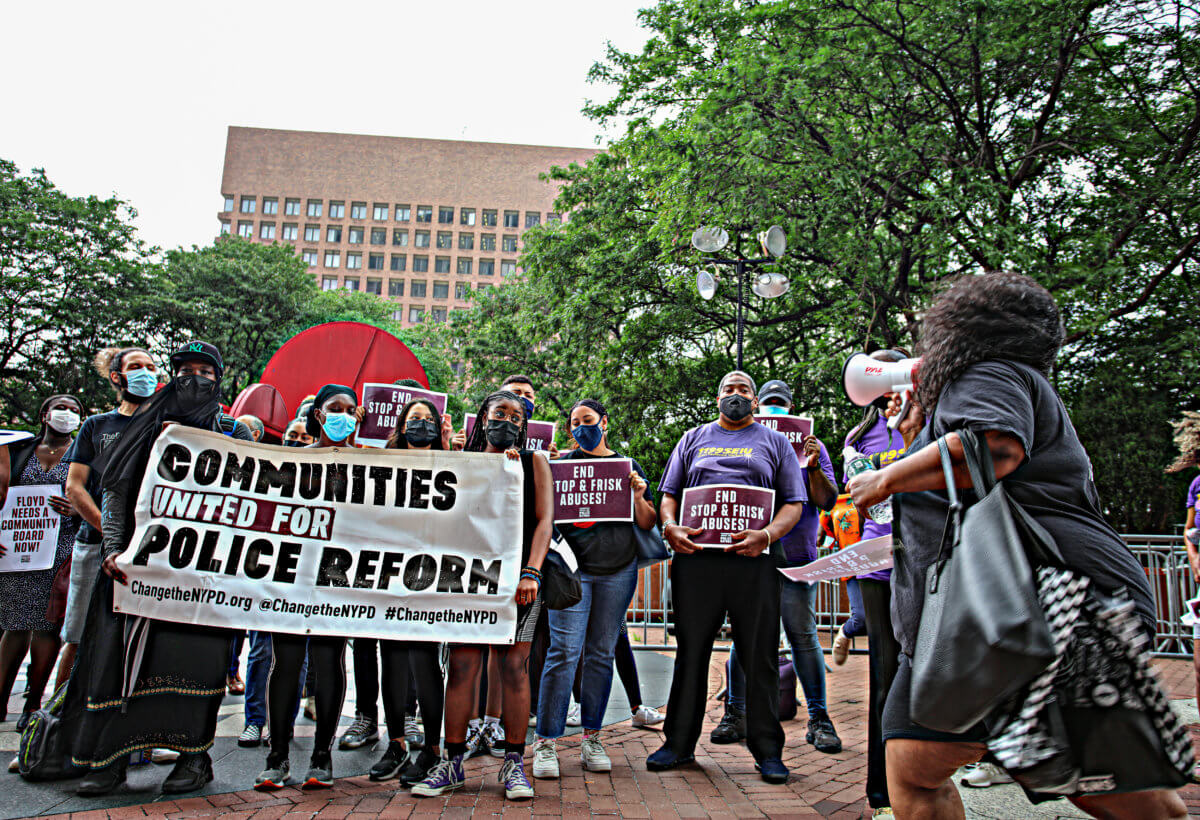
“In 2013, the NYPD refused to comply with the Daniels settlement and the court monitor had to be installed. We know that the NYPD cannot correct its own problems. They cannot police themselves and the judge was very specific that the community must be involved. So, we have been blocked, we have been roadblocked and do not have data or real evaluation as to what is going on,” said a member of the Malcolm X Grassroots Movement, sharing that police officers who are involved in stop-and-frisk abuses remain on the force.
While this practice has been found to be unconstitutional, elected officials and advocates continue to pursue legal action to challenge what they call stop-and-frisk abuses at the hands of the NYPD. Two major class-action lawsuits are currently under way, further underscoring the practices as racially discriminatory.
Among those opposing these racially charged tactics were Public Advocate Jumaane Williams, NYC Council Members Inez Barron and Brad Lander. They said that while Black, Latino, and other New Yorkers of color have largely targeted through stop-and-frisk, their perspectives are often shutout from solution discussions with the NYPD.
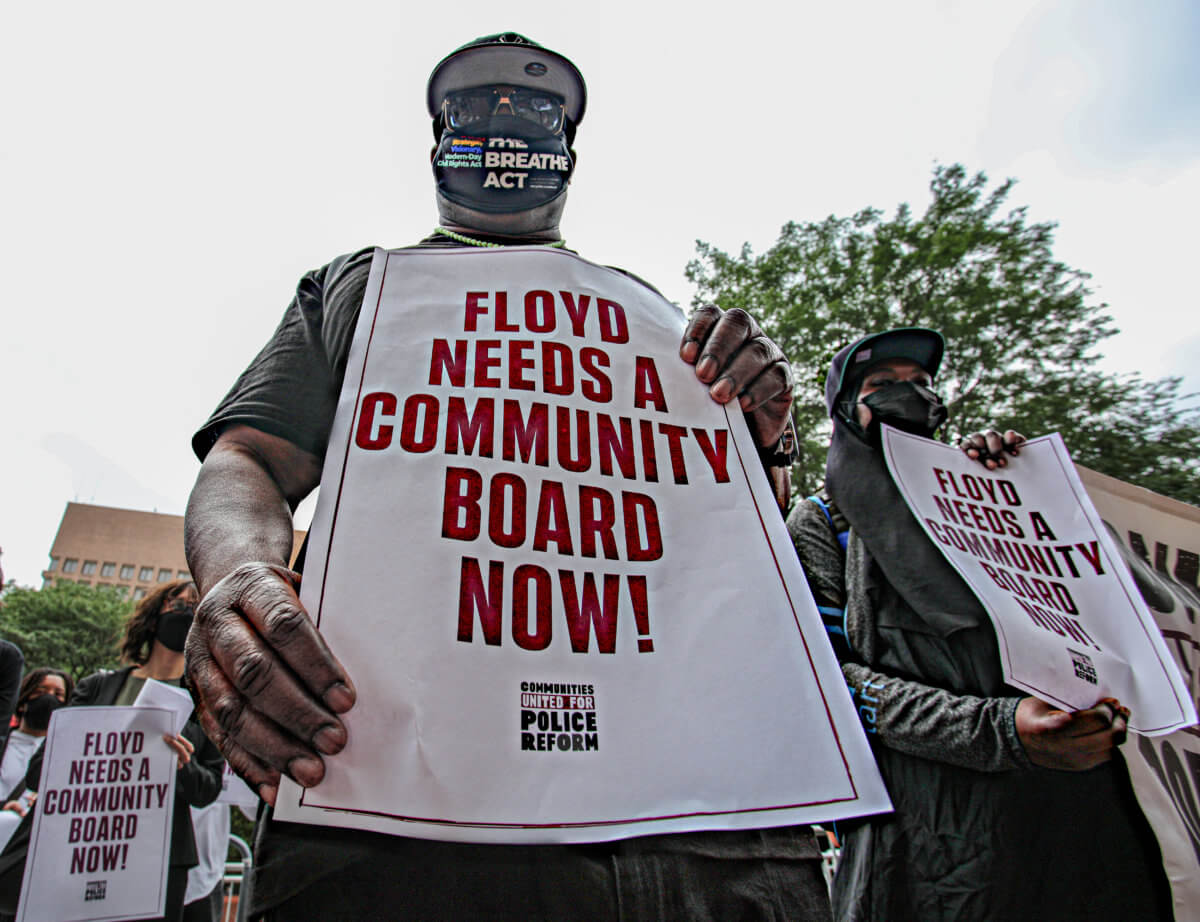
Jon McFarlane, a civil rights union leader with Vocal-NY says that while the NYPD claims to no longer participate in stop-and-frisk he has a different experience. Since 2013, McFarlane has been a victim of stop-and-frisk over eight times.
“It’s frustrating that we are still experiencing illegal and abusive stops under the federal monitorship! The monitor has ignored community demands for too long. We are here to remind New Yorkers and our future mayor of the need to really end stop-and-frisk abuses,” McFarlane said. He demanded that impacted New Yorkers play in developing resolutions through Community Collaborative Board (CCB), and not the current Civilian Complaint Review Board (CCRB).
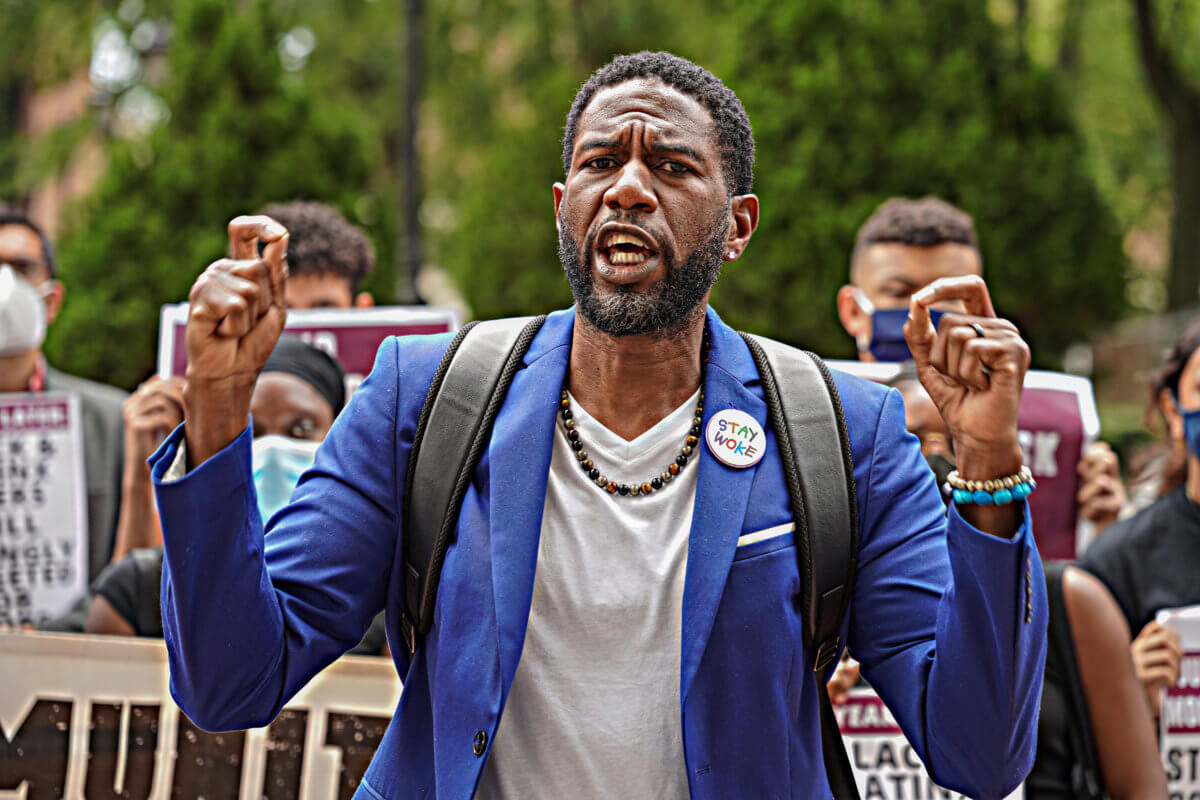
Advocates say that the current appointed monitor, Peter Zimroth, has not permitted them to share their personal experiences and perspectives in any of his assessments. Instead of continuing with the federal monitor, those at the press conference called for the CCB to consist of civil rights advocates, members of the community who have been impacted so that they can have a say in ending the stop-and-frisk abuses.
Williams believes officers need to have the ability to stop someone with reasonable suspicion and search them with probable cause, as well as the importance of working on making communities safer as they deal with gun violence.
“But we also understand that when you take that tool and attach is to quotas, attach it to some kind of larger crime fighting strategy, attach it to indiscriminately stopping people based on how they look and the color of their skin it becomes unconstitutional and is abusive. That is what people commonly call stop-question-and-frisk,” Williams said.
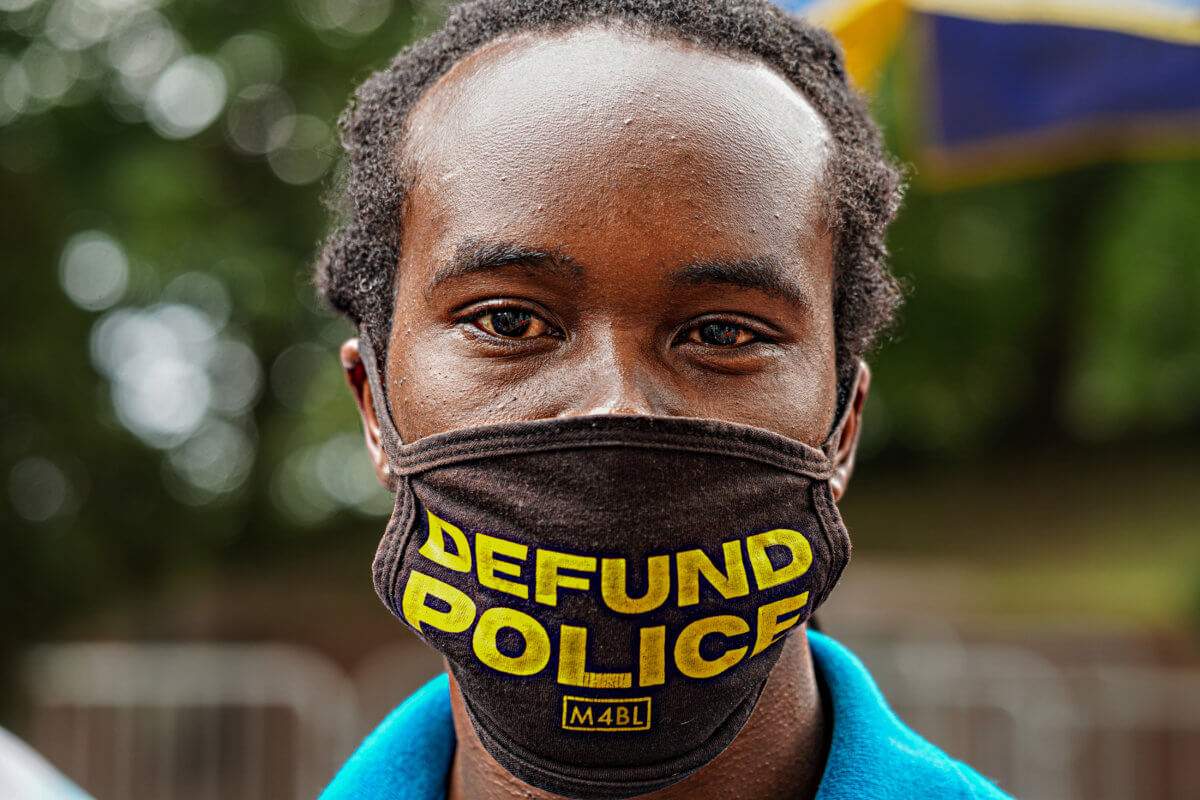
“There are a lot of people being stopped and not being accounted for,” Williams added. “The numbers that are most alarming is, even though you need reasonable suspicion, 66% of the stops are for people they believe to have weapons, but 93% of the time there are no weapons found.”
Williams says that when looking at the numbers something is wrong, and looking at violence in the community should not be a reason to abuse police power. He emphasizes that this is why there is a need for the CCB, and the landmark lawsuits that deemed stop-and-frisk unconstitutional are locked out of being a part of the resolution process.
“What we need is a true plan when it comes to public safety, and what we’ve had so far is paper reforms and some of the same things happening,” Williams said.
